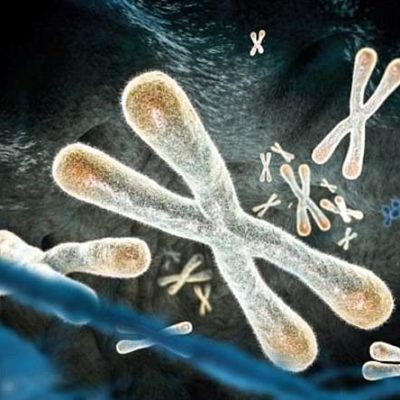A team of over 220 researchers has successfully identified the genes responsible for triggering the metabolic disorder, gout, after years of hard work. The researchers examined the genetic makeup of more than 140,000 individuals for the study. The team hopes that their findings will lead to the development of better medications for gout. Gout is a metabolic disorder that disrupts the body’s urea cycle, leading to an excess of uric acid in the body, which causes painful joint inflammation. In severe cases, gout can also damage the kidneys.
The international team of over 220 scientists has identified several gout genes in the body, according to a report in the journal Nature Genetics. “The identified genes cause an increased uric acid level and are thus directly linked to the disease,” explains Anna Köttgen from the University Hospital Freiburg. The researchers evaluated the genetic makeup of approximately 140,000 individuals for the medical-scientific study. The researchers were able to identify 28 risk factors in their work, which will help to better understand the disease and its progression. This will lead to the development of better medications for gout in the near future.
Köttgen explains that “the problem is that existing medications often inadequately lower uric acid levels or have side effects.” With the new findings, the scientists hope to understand gout on a molecular level, which could help to make more accurate risk predictions. Gout is becoming a common disease, with approximately 2.8% of men and 0.4% of women between the ages of 30 and 59 in Germany suffering from it. The team’s findings will pave the way for better treatments and a deeper understanding of the disease.










